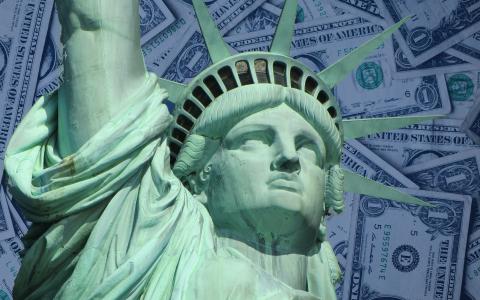
Bill Gates, a renowned advocate for equitable taxation, has recently amplified his call for the ultra-wealthy to contribute more in taxes, a stance that is gaining momentum among other affluent individuals.
During his annual "Ask Me Anything" session on Reddit, Gates expressed his astonishment at the lack of significant tax increases for the wealthy. He reiterated this position at the World Economic Forum in Davos, emphasizing the moral responsibility of the wealthiest individuals and nations to donate more to developing countries, thereby addressing global inequality.
Gates' perspective is resonating within the affluent community, as evidenced by an open letter endorsed by over 250 high-net-worth individuals. This letter, addressed to global leaders, advocates for the implementation of a wealth tax on the ultra-rich. The signatories assert that such a tax would not fundamentally impact their lifestyle or the inheritance of their offspring.
Among the prominent endorsers of this letter are Abigail Disney, granddaughter of Roy O. Disney, co-founder of The Walt Disney Company; actor Brian Cox, known for his role in "Succession"; and Valerie Rockefeller of the famed Rockefeller family. The letter warns that failing to address the widening economic inequality could have dire societal consequences.
This call for increased taxation coincides with the release of a report by various organizations, including the Patriotic Millionaires, TaxMeNow, and Oxfam, as part of the "Proud To Pay More" campaign. The report features a candid admission from Abigail Disney about her previous use of private jets for travel. Acknowledging the environmental impact, Disney has since ceased using private flights and made other lifestyle changes.
Disney also highlights the environmental footprint of the richest 1%, pointing to their use of private jets, superyachts, and other luxury vehicles. This emphasis on the environmental and social responsibilities of the wealthiest is part of a growing movement within affluent circles, advocating for more substantial contributions to societal and environmental well-being.



